Séminaire par Dr Federico Rossi / Université de Salerne - Italie

Jeudi 12 avril 2018 - 14h - salle Maroni / MHT
Federico Rossi, chercheur à l'université de Salerne en Italie, fera une présentation sur : Autonomous self-division of vesicles driven by nonlinear chemical reactions
Synthetic Cells (SCs) can be defined as cell-like molecular systems constructed in the laboratory by inserting biological or synthetic molecules inside and on the surface of lipid vesicles (liposomes). In a bottom-up approach, SCs should mimic biological cells with respect to structure, functions, interactions, and any other possible property with minimal complexity. SCs can be created and adapted for investigating biological mechanism or developing biotechnological tools and they can also be relevant in origin of life studies because they are useful models of primitive cells (protocells). Among the others, the study and the modelling of functions like the vesicle “self-replication” and “self-division” can be of interest both for gaining biological insights and for practical and technological applications. Starting from the pioneering work of Luisi in the nineties, most of the experimental work focused on the division and replication of micelles, reverse micelles and vesicles based on fatty acids. Few experiments involving giant vesicles (GV) have also been reported. In the case of GV, however, bolaamphiphilic molecules with a scarce biomimetic character were employed and an external control was always exerted on the system in order to trigger and control the division process.
In our work, we aimed at constructing a biomimetic artificial compartment, in the micrometer scale (10 - 50 μm in diameter), that could undergo self-division following an internal (time programmable) stimulus driven by an autocatalytic enzymatic (urea-urease) clock reaction. In this perspective, we devised a pH-responsive compartment based on a mixture of phospholipids (POPC, 1-palmitoyl-2-oleoyl-sn-glycero-3-phosphatidylcholine) and fatty acids (e.g. Oleic acid). In fact, POPC is known to produce giant vesicles that can host organic and inorganic reactants and are stable in a broad range of pH, temperature and redox conditions. Fatty acids, in general, are sensitive to pH changes and the structure of the aggregate they form (micelles, emulsions and vesicles) can be stabilized or destabilized by tuning the pH of the solution.
Concept of the self-replication governed by a pH clock reaction inside a synthetic cell:
(a) induction period ; (b) pH change induces instability of the membrane ; (c) self-division


